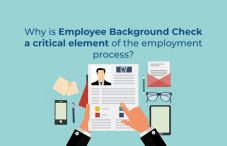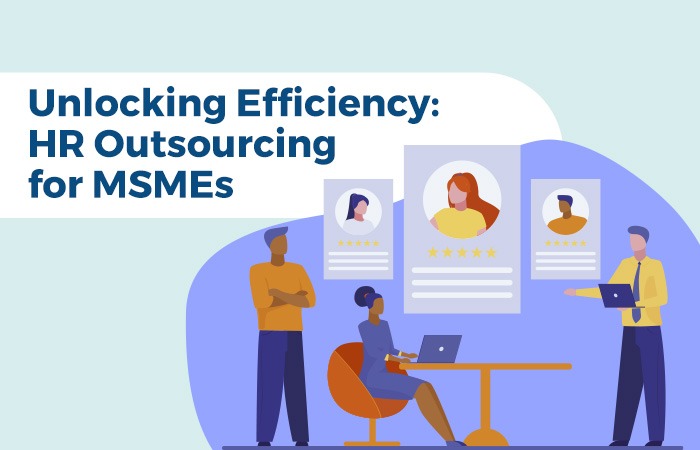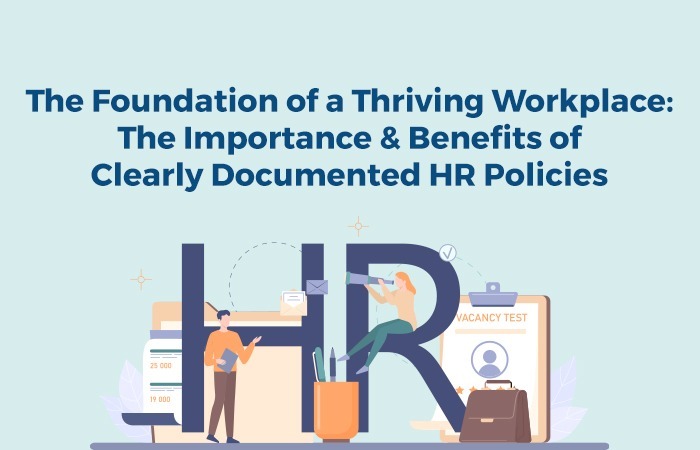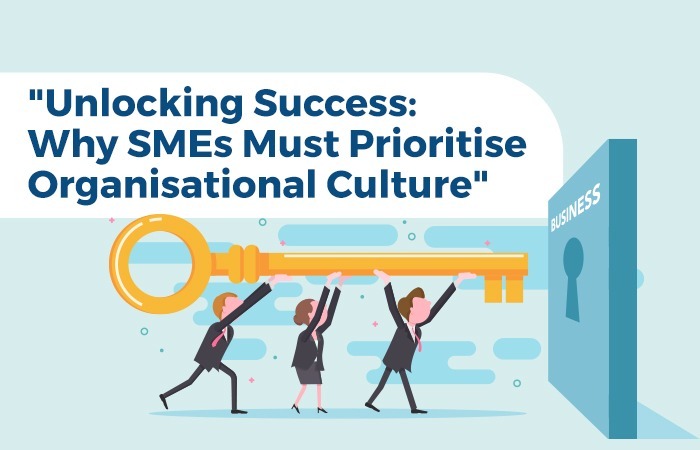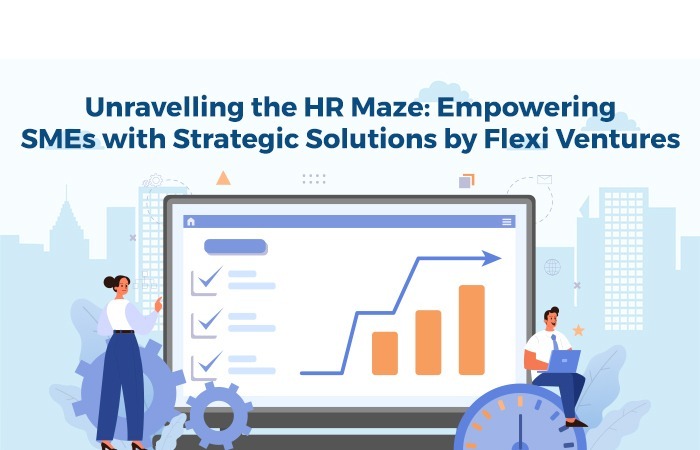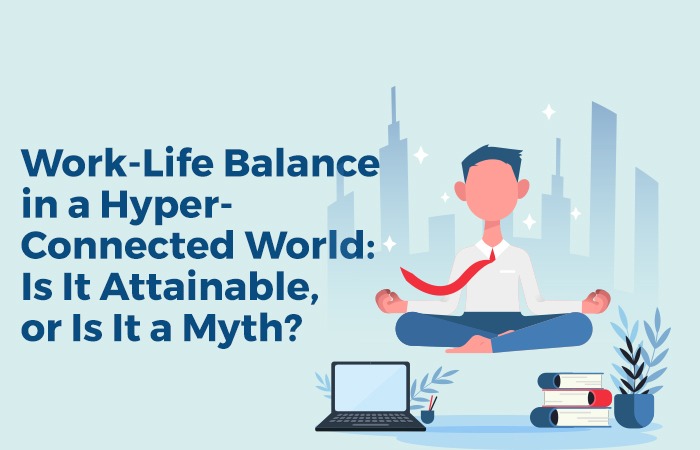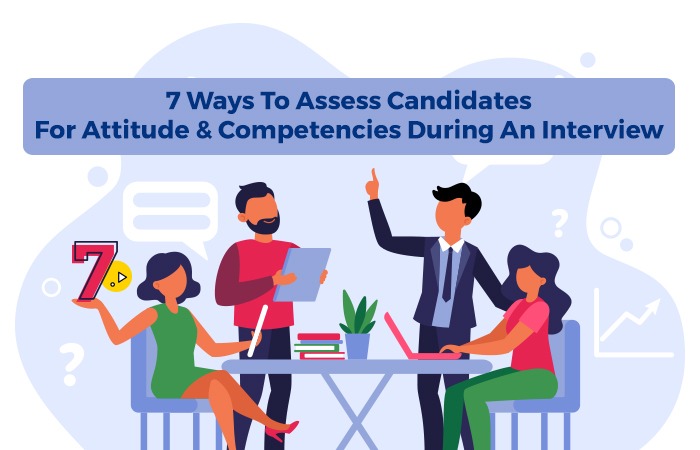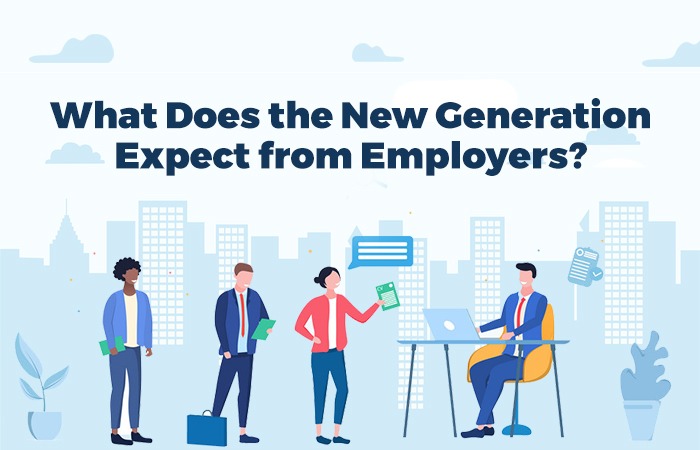Most companies have their own unique set of requirements for conducting background checks but the primary goal is to have the most accurate overview of a candidate before the new hire sign the contract and join the Organization. A thorough background check is an assurance that Organization has made the right decision. Every time a business hires a new employee, it is an investment in time, resources, and money. Hence, making a right decision is very important.
The most basic pre-employment screening includes reference checks, past employment and education verification, address verification and criminal history checks. Each of them has its own set of compliance procedures that must be adhered to. This article aims to provide an insightful overview of the importance of background checks for employment and how it can benefit a business’ long-term growth plans.
Why background check is important for Organization
Generally, an employer that fails to investigate the background of an applicant whom they hire for a risk-sensitive position may be liable for negligent hiring or retention if the employee is later found involved in serious misconduct or illegal activities. Consequently, the time and money one might “save” by not doing background checks are only a drop in the bucket compared to what one might be required to spend to defend yourself against a negligent hiring lawsuit.
Background checks also help confirm dates of attendance and degrees or certifications earned and can provide specific information about prior employment.
There are Six main reasons to run Background Checks on all job applicants:
● To provide a safe workplace for employees and customers.
● To hire the qualified people who will help to grow your business.
● To minimize exposure from employee liability by practicing “due diligence” in the hiring process.
● To encourage honesty in the application and interview process.
● To discourage applicants with something to hide, to enter the organizational hire process.
● To eliminate uncertainty of the unknown factors in the hiring process.
Types of Basic Background Checks Organizations follow:
● Identity Verification
● Address Verification
● Academic Background check
● Employment background verification
● Criminal Record Check
1) Identity Verification
Identification is the action or process of identifying someone or something or the fact of being identified. To process any critical information about any individual, their official account or proof of identification is a must. Establishing integrity within the organization has become a key factor for growth and is taken care of by most of the leading corporates as of now. To confirm one’s credibility on the basis of their identification proof, this process is very important. The details of the candidate are documented and sent to an employee background verification service, a series of automatic processes take place thereafter:
Classifying: The document type may be recognized automatically. If not, the type must be indicated to the service before verification can start.
Extracting: Information on the document and its bearer is extracted from the source.
Verifying: Detailed checks are performed on the document’s security elements.
Responding: A detailed analytical report is a yield to the client of the verification done.
2) Address Verification
Address verification is an important subset of employee background verification. For any organization, the correct residence of its employees is fundamental, to contact the employees in cases of any emergencies. As part of address verification, background check agencies shall verify the address and can also gather additional details about the candidate or the verifier on the location, in case of need. During the address visit, team should visit the rental or permanent house, verifies the location, GPS Coordinates are collected and the signature of the verifier is captured, if required, and shared with the employer. During the visit, the following credentials are verified:
House Street
Lane Pin code
City / Town State
3) Academic Background check
How reliable is the candidate in terms of work he/she will confer depends on the skills and knowledge that the individual has? Forging qualification and educational history are some attempts candidates are prompt to fabricate so that they get through the vacancy. Hiring the best resource is crucial for any organization. And with the best resource, we mean the one who meets the criteria thoroughly. Educational qualification is one of the most essential criteria for any candidate to be eligible for a position in a company. To meet the criteria and be recruited, candidates may tend to forge the documents of their qualifications.
Academic record check consists of verification of the dates of attendance and whether the degree was obtained by the particular candidate. Most of the degrees are verified by the admissions and records office of the school or institution. The verification process validates.
> Name of college & university
> Year of Enrollment& Passing
> Registration number / Roll number
> Issuing date of certificates
> Recognized under which authorized board/university
> Subjects/Course Pursued
> Marks/Percentage Obtained
4) Employment background verification
The potential of a candidate might be insufficient to compromise the risk factors the hire would bring into the work environment. The hire an employer hires must be enduring a genuine uphold about the past work experience. Failing in which would drain off the effort and cost invested in recruits.
The following types of employment background verifications:
Current Employment Check – It is a case in which the present experience of a candidate where he/she is employed at present is verified. Verified information is mostly obtained either from the human resource department or immediate supervisor.
Previous Employment – It is a case in which the previous employment of a candidate is verified. Verification depends on the need of the employer if the background verification is to be done for all the experience since the start or selective ones.
5) Criminal Record Check
Criminal Record Check is a fundamental process for analyzing a person’s loyalty. Herein, a candidate’s criminal reports are collected at various levels such as a city, state, and country with other minor details like home address, property details, and neighbourhood report. Any information proving a candidate responsible for fraud or any traces of anti-national activities such as terrorism makes the candidate a threat to the organization and also helps an employer to make the righteous decision of not getting in such candidates into the organization.
Criminal record check enlists a person’s trustworthiness, safe environments for an organization, confirms the candidate’s credibility, and decreases the vulnerability of an organization against any kind of threat. Criminal record check suffices the legal requisite to safeguard undue risk to any venture or enterprise.
A criminal background check is mandatory which enables
> Identification of potentially risky hires
> Safeguarding your organization’s reputation
> Protection of organizational assets
> Fostering trust among current employees
Maintaining a compliant background screening policy for your company will allow you to evaluate and hire fairly and consistently. As laws surrounding employee privacy and protection continue to evolve and change, so must your screening policy. Working with a third-party workforce solutions provider like Air swift will allow businesses to benefit from our expertise when setting up a comprehensive screening program and also speed up their hiring time.

